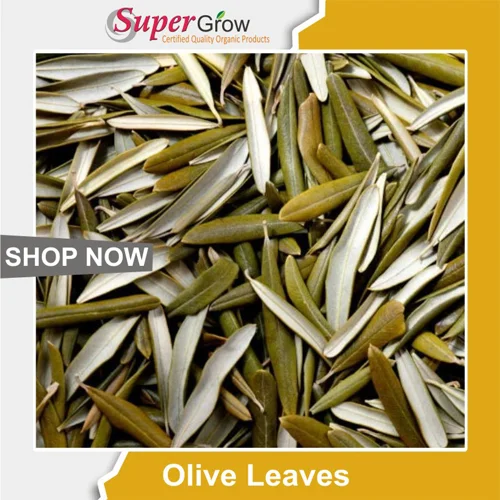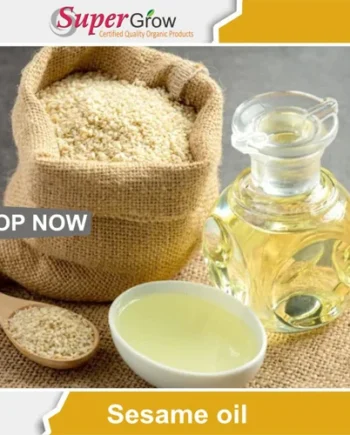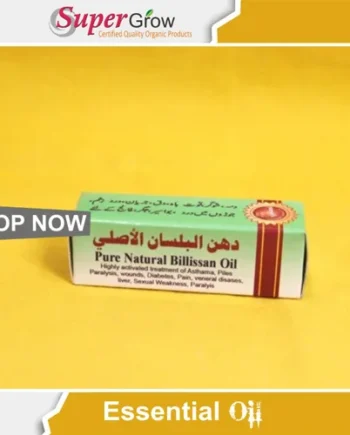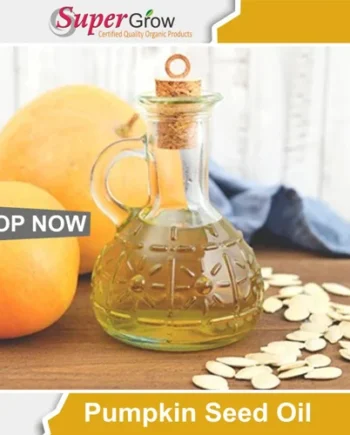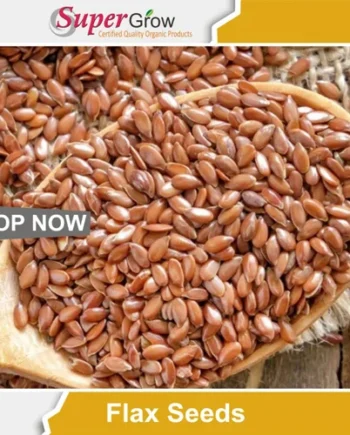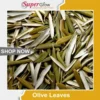Overview
The olive tree is an evergreen that is native to the Mediterranean region. The trees also are cultivated in areas with similar climates in the Americas. The small, leathery leaves are gray-green on top, and the undersides contain fine, white, scale-like hairs. The leaves are gathered throughout the year.
Benefits
Antioxidant Properties: Olive leaves are rich in antioxidants, including polyphenols and flavonoids. These compounds help neutralize free radicals in the body, which can reduce oxidative stress and inflammation. Antioxidants are associated with a lower risk of chronic diseases.
Cardiovascular Health: Olive leaves may have cardiovascular benefits. They may help lower blood pressure by relaxing blood vessels, improving blood flow, and reducing arterial stiffness. Some studies suggest that olive leaf extract may contribute to heart health by lowering cholesterol levels.
Anti-Inflammatory Effects: Compounds in olive leaves, such as oleuropein, have anti-inflammatory properties. Inflammation is linked to various chronic diseases, so reducing inflammation may have positive effects on overall health.
Immune System Support: Olive leaves are believed to have immune-boosting properties. The compounds in olive leaves may help the immune system function more effectively, potentially providing protection against infections and illnesses.
Antimicrobial Properties: Olive leaves, particularly the compound oleuropein, have demonstrated antimicrobial properties. They may help fight bacteria, viruses, and fungi, contributing to overall immune defense.
Blood Sugar Regulation: Some research suggests that olive leaf extract may help regulate blood sugar levels. This can be beneficial for individuals with diabetes or those at risk of developing the condition.
Cognitive Function: Preliminary studies indicate that compounds in olive leaves may have neuroprotective effects, potentially supporting cognitive function and protecting against age-related cognitive decline.
Weight Management: Some studies suggest that olive leaf extract may have a role in weight management by influencing factors such as metabolism and fat accumulation. However, more research is needed in this area.
Skin Health: Olive leaf extract is sometimes used topically or as a supplement for skin health. It is believed to have antioxidant and anti-inflammatory effects that may contribute to skin protection and healing.
Uses
Olive leaves have been traditionally used for various purposes, including culinary, medicinal, and topical applications. Here are some common uses of olive leaves:
Culinary Uses:
- Herb in Cooking: Olive leaves, both fresh and dried, can be used as an herb to add a subtle, savory flavor to dishes. They are particularly popular in Mediterranean cuisine.
- Infusions: Infuse olive leaves in olive oil or vinegar to create flavored bases for dressings, marinades, or cooking.
Tea Preparation:
Olive Leaf Tea: Olive leaves can be used to make a tea. Dried leaves or fresh leaves are steeped in hot water, creating a mild, slightly bitter tea. This tea is consumed for its potential health benefits, including antioxidant and anti-inflammatory properties.
Herbal Infusions:
Combination with Other Herbs: Olive leaves can be combined with other herbs in herbal infusions for a blend of flavors and potential health benefits.
Companion Planting:
In Gardening: Olive trees or their leaves are sometimes used in companion planting to deter pests and protect other plants from harmful insects.
-
RS100 – RS350
Multani Mitti Powder ملتانی مٹی
-
RS350 – RS1,150
Sesame oil(Til oil) روغن تل
-
RS2,400
RS2,600Balsan Oil (Rogan e Bilsan) روغن بلسان
-
RS500 – RS1,800
Pumpkin Seed Oil روغن مغز کدو
-
RS180 – RS450
Flax Seeds السی بیج

